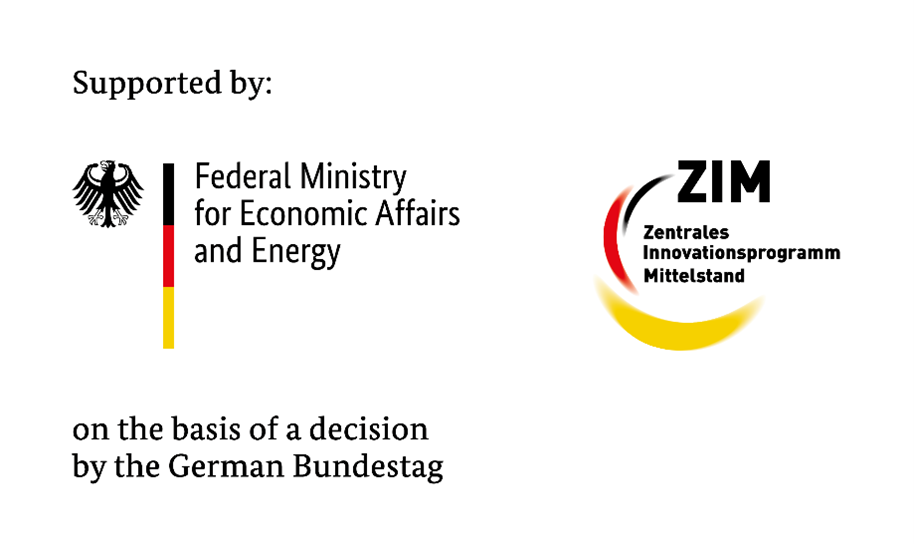Simris Biologics has received €200K in non-dilutive funding to advance its KlicMic R&D programme, developing novel microcystin payloads for antibody-drug conjugates (ADCs).
The research and development project, KlicMic (“Clickable Microcystins as Innovative Payloads in Antibody-Drug Conjugates”), jointly submitted with Freie Universität Berlin, aims to enhance cancer therapy efficacy while reducing side effects.
 It will leverage patented molecular modifications for targeted delivery and real-time visualisation of treatments.
It will leverage patented molecular modifications for targeted delivery and real-time visualisation of treatments.
The project is supported under the Zentrales Innovationsprogramm Mittelstand (ZIM) of the German Federal Ministry for Economic Affairs and Climate Action.
The grant provides €201K to Simris and €186K to Freie Universität Berlin over three years, starting on September 1st, 2025.
The project will develop novel microcystin-based payloads for antibody-drug conjugates (ADCs) with the potential to transform cancer therapy.
Simris Biologics aims to create ADCs that deliver greater efficacy with minimal side effects, improving treatment safety.
By harnessing microcystins derived from cyanobacteria, the company offers a distinctive mechanism of action that provides a promising alternative to conventional cytotoxic agents used in oncology.
Dr Alexis Roberts-McIntosh, CEO of Simris Group, stated: “A key feature of this project is the targeted molecular modification of microcystins using Simris’ patented methods."
"These allow for precise optimisation, selective conjugation to antibodies and fluorescent labelling."
"This enables not only improved efficacy and tolerability through targeted release of cancer-specific microcystins in tumour tissue but also visualisation and tracking of the therapy within the body—marking a significant advancement in personalised medicine."
The optimised and labelled microcystin payloads will undergo preclinical in vitro and in vivo testing before being licenced to the pharmaceutical industry.
Drawing on its world-leading cyanobacterial toxin library, Simris Biologics is positioned to drive the development of next-generation ADCs with the potential to significantly improve cancer treatment outcomes worldwide.
